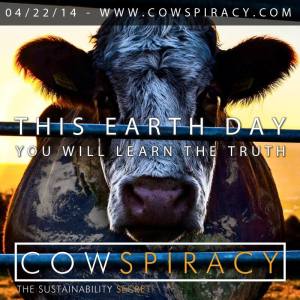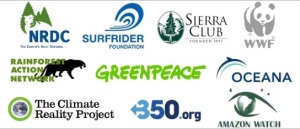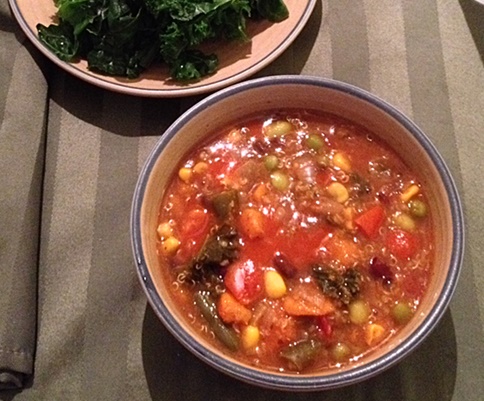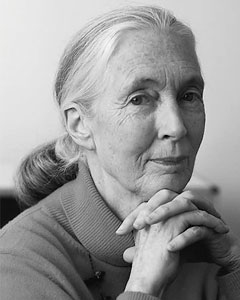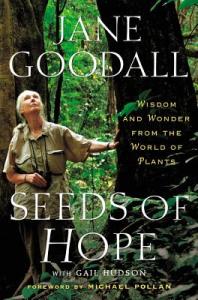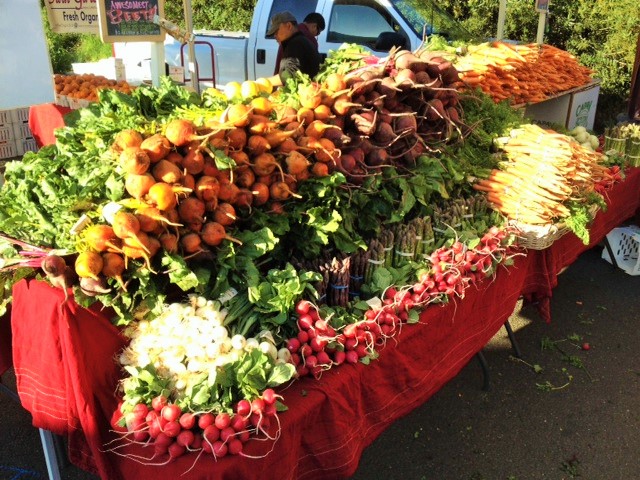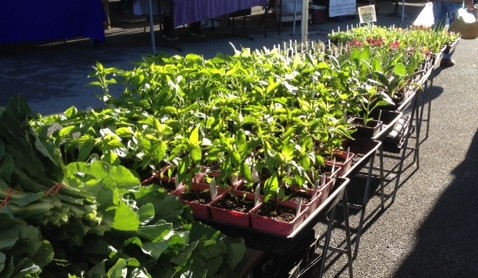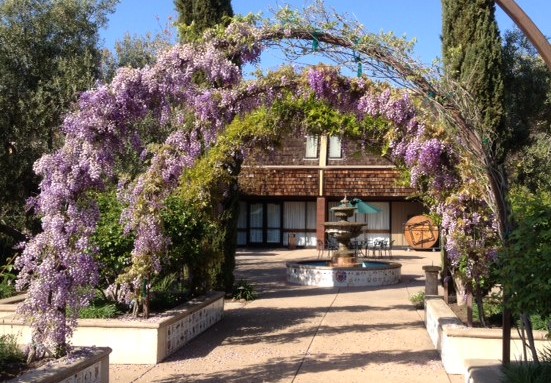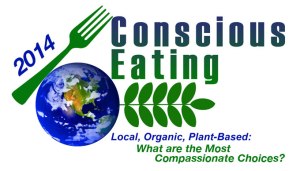 It’s all about the animals and moving past animal protein. That was my takeaway from the Conscious Eating Conference I attended in Berkeley.
It’s all about the animals and moving past animal protein. That was my takeaway from the Conscious Eating Conference I attended in Berkeley.
There were six dynamic speakers
- Mary Britton Clouse, president, Chicken Run Rescue in Minnesota
- Robert Grillo, director, Free from Harm in Chicago, a groups seeking to transform society’s attitudes about animals and food
- Marji Beach, Advocacy and Education Director, Animal Place, a rescue and animal sanctuary organization in Northern California
- Colleen Patrick-Goudreau, best-selling author of five books on vegan diets and cooking
- Karen Davis, PhD., author and President of United Poultry Concerns, an organization that addresses the treatment of domestic fowl in society.
- Ethan Brown, CEO and co-founder of Beyond Meat
Mary, Marji and Karen talked about their experience rescuing animals from animal pounds, “humane” small farms and factory farms. Their focus was on how all animals – even ones raised by people in their back yards – are treated inhumanely and the consequences for them – exploitation and early death because of the strain on their bodies from overproduction of milk or eggs.
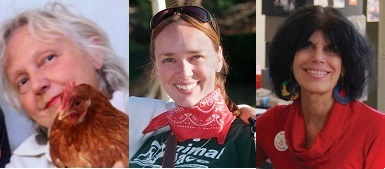
Mary Britton Clouse, Marji Beach & Karen Davis
They talked about the fate of male chicks and calves in the egg and dairy industries – usually a painful death shortly after birth, since these industries can’t make any money from them. Keep in mind this happens not just at factory farms, but all farms.
Mary’s sanctuary is mostly filled with birds that were from back yard chicked farmers who were mistreating the animals or had been dropped at humane shelters after the novelty wore off. Karen’s organization is located in rural Virginia on the DelMarVa peninsula where millions of chickens are raised in factory farms. Most of their rescues are from these farms. Marji’s sanctuary is filled with chickens and cows from both factory farms and small “free-range” farms.
They all had moving stories to share. Marji talked about a cow they rescued that was pregnant when she came to the sanctuary. Because of health issues, the cow’s baby died when it was delivered. The mother cow – who had never had the opportunity to bond with a calf since they would always be taken away after birth – groomed her dead calf for hours before Marji and her crew had to remove it.
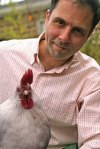
Robert Grillo
Robert spent years as a branding consultant to large companies, including McDonald’s, before he got disillusioned by the messages he was creating. He talked about how companies, and society as a whole, use messaging and images to make us feel good about eating animals and painting the picture of the happy animal willingly giving us eggs, milk or their flesh.
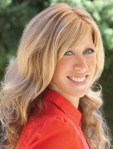
Colleen Patrick-Goudreau
Colleen gave a great talk about the myths about food that keep people from being vegan – they crave meat, or can’t give up cheese, or where will they get their protein? However, the truth is that protein-deficiency is non-existent in the US and people aren’t craving meat, they’re craving fat or salt.
One great point she made is that people eat meat to get nutrients or drink milk to get calcium. But these animals got the nutrients or calcium from eating plants. So skip the middle step and just eat the plants. Today, with most livestock living in factory farms and never getting to eat grass or plants, the growers feed them food supplemented with the nutrients and calcium, adding to the cost and adding another middle step in the process. Is this insanity or what?
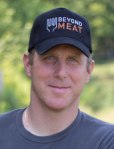
Ethan Brown
Ethan talked about his company and the “chicken” and “beef” products they sell made from plant protein. His talk was focused on the fact that humans have been eating animal protein for over 2 million years and there will always be a demand for it. However, he believes, like Darwin, that there are only degrees of difference between humans and other animals and killing billions of animals each year for human consumption is wrong.
Beyond Meat’s products replicate the taste of animal protein, without the environmental and health problems associated with raising and slaughtering animals. According to figures from The World Bank, the meat and dairy industry account for 51% of the greenhouse gasses that are fueling climate change.
Beyond Meat, and other companies that sell similar products, are on a mission to reduce animal protein consumption by 25% by 2020.
During the panel discussion with all of the presenters, a question was asked about vegans and animal rights activists being seen as too pushy about the things they are passionate about. Karen responded that all social justice movements – the civil rights activists during the 1950s and 1960s, the Abolitionists before the Civil War, and other were always seen as being too pushy and the animal rights cause is no different. Colleen’s view was that you have to find your own voice when talking about these issues. Don’t be offensive, but don’t be afraid of offending someone.
This was a great conference with great information. Many thanks to the folks from United Poultry Concerns who made it possible.
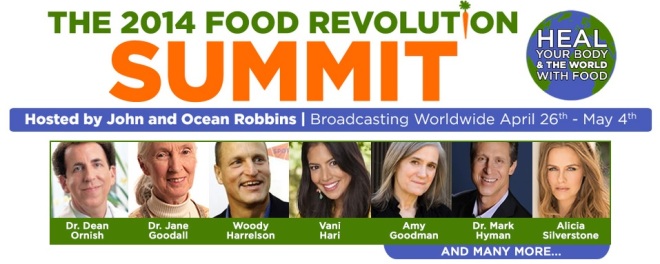 Patti Breitman from Marin VEG shared information about this – and I want to share it with you.
Patti Breitman from Marin VEG shared information about this – and I want to share it with you.
